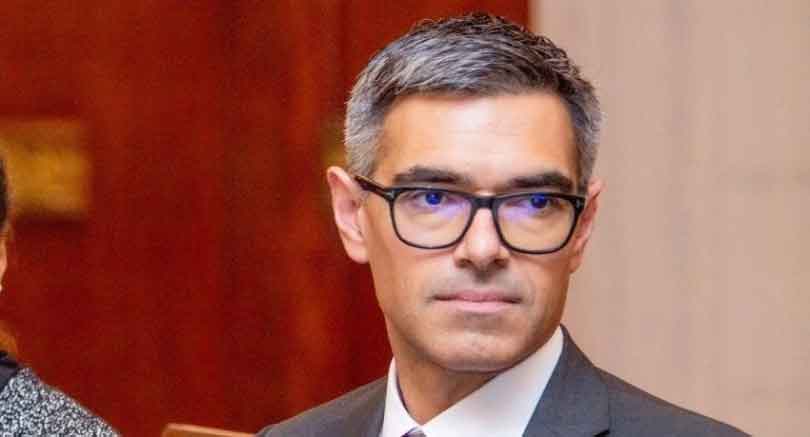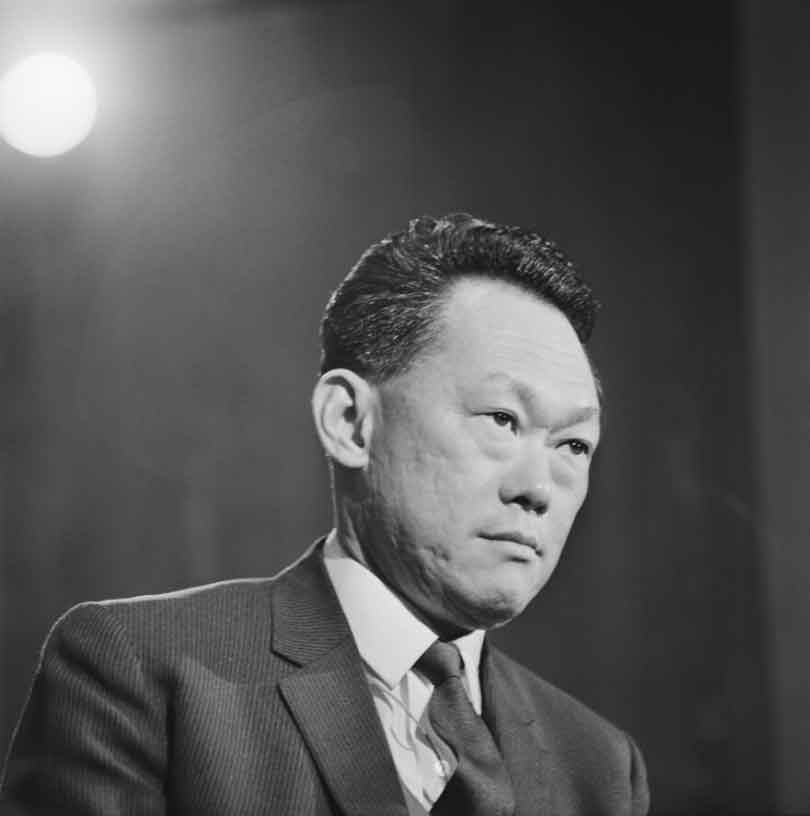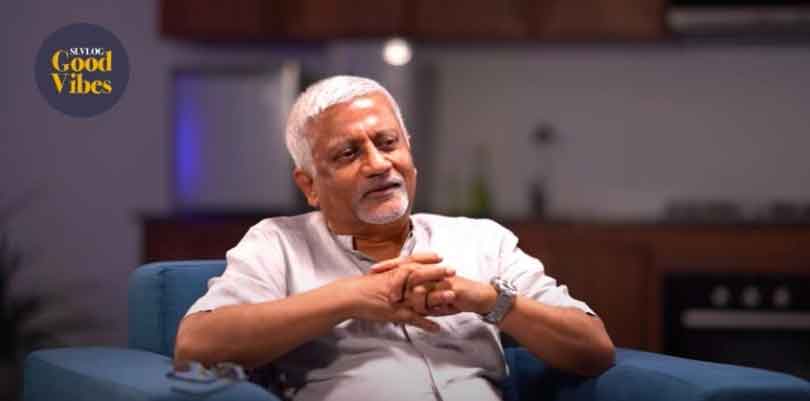Friday Feb 20, 2026
Friday Feb 20, 2026
Thursday, 13 November 2025 11:47 - - {{hitsCtrl.values.hits}}
From fiscal guardrails to digital transformation, five reform voices - Evan Papageorgiou, David Sislen, Lee Kuan Yew, Arj Samarakoon and Rohan Samarajiva - offer lessons for how Sri Lanka can rebuild trust and stability.
Sri Lanka’s path to reform has entered a quieter and more disciplined phase. The focus is shifting from grand policy statements to the steady work of rebuilding systems that outlast governments. Across global and local arenas, five figures now represent this evolution: Evan Papageorgiou of the International Monetary Fund, David Sislen of the World Bank, Lee Kuan Yew, the late architect of Singapore’s disciplined governance, Arj Samarakoon of Plus 94 Fund, and Rohan Samarajiva of LIRNEasia. Together, they reflect how financial credibility, institutional discipline and technological transparency are converging into a single story that defines Sri Lanka’s new reform era.

Evan Papageorgiou, IMF Mission Chief for Sri Lanka (Photo: IMF).
As Mission Chief for Sri Lanka at the International Monetary Fund, Evan Papageorgiou plays a central role in steering Sri Lanka’s financial recovery. His leadership reflects a shift from short-term adjustments to long-term structural reform, focusing on debt sustainability, public finance transparency and improved governance. Papageorgiou’s philosophy treats reform as a partnership rather than an imposition. He has underscored that Sri Lanka’s economic recovery depends on consistent implementation and institutional independence. His work demonstrates how external frameworks can help rebuild domestic credibility. A recent IMF statement on Sri Lanka’s program review highlights this balance between local accountability and international oversight.

David Sislen, World Bank Country Director for Sri Lanka, Nepal and the Maldives (Photo: World Bank).
At the World Bank, David Sislen, Country Director for Sri Lanka, Nepal, and the Maldives, views reform through a systemic lens. His role centres on building frameworks that reward transparency and efficiency rather than volume of expenditure. Under his direction, development financing is increasingly linked to governance outcomes. Projects in energy, education and digitalisation now measure success through accountability metrics, not merely financial delivery. Sislen has spoken frequently about the importance of institutional maturity in development policy. In a recent World Bank feature, he reiterated that good governance is development infrastructure, a phrase that encapsulates the Bank’s evolving approach to reform as capacity-building rather than crisis management.

Lee Kuan Yew, Founding Prime Minister of Singapore (Photo: Wikimedia Commons).
Although Lee Kuan Yew passed away in 2015, his philosophy continues to shape reform conversations across Asia. His governance model, grounded in predictability and performance, offers enduring lessons for policymakers in Sri Lanka. Lee believed that discipline is the bridge between vision and achievement. His insistence on administrative integrity and long-term planning provides a model for consistent reform, especially for nations seeking to rebuild institutional confidence. Singapore’s transformation under Lee remains one of the world’s strongest examples of policy continuity and meritocratic governance. For readers interested in his direct reflections, the Lee Kuan Yew School of Public Policy continues to document and analyse his legacy in Asian institutional reform.

Arj Samarakoon, Managing Director of Plus 94 Fund (Photo: Sri Lanka Mirror).
For Arj Samarakoon, Managing Director of Plus 94 Fund, reform begins with trust. His argument is that no fiscal model or policy package can succeed unless institutions are credible and processes are transparent. In his feature for Sri Lanka Mirror, Samarakoon drew comparisons between Sri Lanka’s structural challenges and reforms in Australia and the Philippines. Both, he noted, achieved investor confidence through digital efficiency and predictable governance. He believes that Sri Lanka’s reform must rest on three core foundations, consistency in law, accessibility in governance and credibility in delivery. By treating transparency as infrastructure, Samarakoon links reform to investor psychology, making governance a measurable form of capital.

Rohan Samarajiva, Founding Chair of LIRNEasia (Photo: LIRNEasia).
Rohan Samarajiva, founding Chair of LIRNEasia, has long argued that digital transformation is not an optional modernisation step but a core governance reform. His work bridges technology, policy and accountability, illustrating how efficient data systems can replace bureaucratic discretion with transparent automation. He has written extensively on how Sri Lanka’s future depends on data integration across government agencies. His presentation on data-informed governance in Sri Lanka outlines practical steps for building interoperable platforms that enhance transparency and citizen trust. By advocating for governance reform through code, Samarajiva represents the most contemporary strand in Sri Lanka’s evolving reform movement.
Reform is not a collection of policies; it is a culture that must endure beyond governments and electoral cycles. Across these five perspectives, from Papageorgiou’s fiscal guardrails and Sislen’s systems thinking to Lee’s discipline, Samarakoon’s credibility and Samarajiva’s digitalisation, a single truth emerges. Sri Lanka’s next decade will depend on whether reform can transition from politics to process.